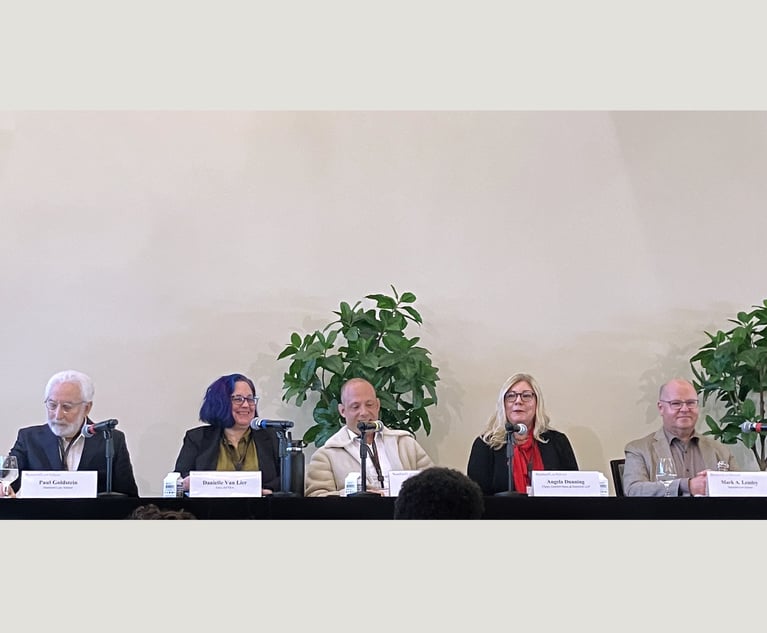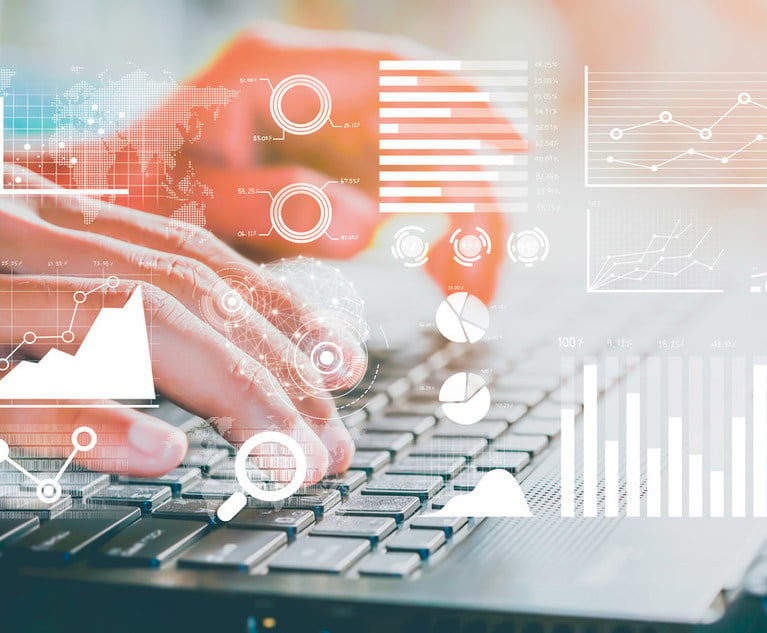The message at the “Impact of Advanced Legal Research Tools” panel at the International Legal Technology Association’s ILTACON 2019 conference couldn’t be clearer: The emergence of artificial intelligence-powered legal research tools has fundamentally altered the practice of law. But while today’s research platforms have far-reaching repercussions, each is limited in how much it can help supplement an attorney’s knowledge.
Scott Reents, lead attorney for data analytics and e-discovery at Cravath, Swaine & Moore, noted that, with the emergence of modern research tools, “We are sort of in transition from a world where law is about reading text and qualitative judgments and anecdotal experiences … to a world where much of that, not all of it, is going to be about data, quantitative analysis [and] statistics.”








